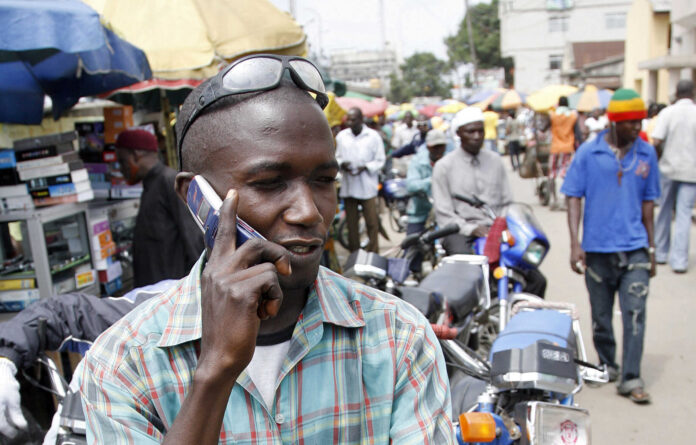The Gambia’s transition from autocratic rule under strongman, Yahya Jammeh, to democratic governance in 2017, brought with it major improvements in internet freedom. Now Gambians are able to leverage the cyber space to participate in national discourse without fear that the government will shut down the internet or arrest them for being critical of statecraft as Jammeh did.
In addition, Gambians are actively leveraging the internet to improve the provision of economic, social and health care services with an online registration for a national health insurance scheme, being cited as an example of the good progress.
All these are in spite of the fact that the Adama Barrow government, which has committed to steering the country away from the iron fisted oppression that Jammeh ruled it with, is still in the process of repealing draconian laws that the strongman had used to tyrannize and curtail free expression.
For many Gambians, even though a draft Criminal Offences Bill tabled before the National Assembly, which will repeal criminal libel and sedition, has not yet become law, there is faith the current government will see the process through.
The progress made so far also includes massive improvement in internet penetration. However, even though the state perpetrated internet shutdowns that used to occur under Jammeh have ceased, there still are frequent internet disruptions that occur due to technical inadequacies. Then, there is the problem of prohibitively high cost of internet in the country which has more than 48% of its population still living below the poverty line. Internet service providers blame the high cost of data on high government taxes.
Along with the high cost of internet is poor data security so that Gambians leveraging the new internet freedoms are exposed to the danger of data theft and misuse. In November 2022, The Gambia’s poor cybersecurity came into strong focus when the country’s central bank suffered two hacks that resulted in the theft of USD2.5million.
In this report, AFEX highlights the challenges to internet freedom in The Gambia and makes recommendations on how the situation can be improved.




